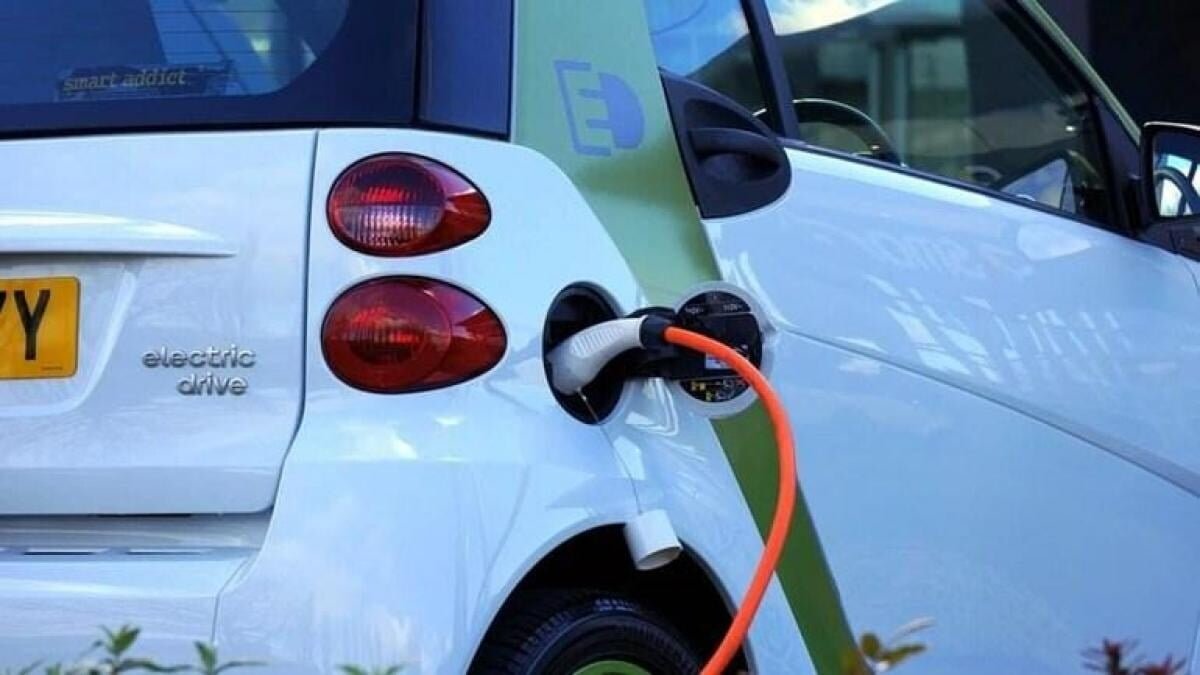In a groundbreaking move, the Transport Department of the Delhi government has announced a new policy that will require all taxi/cab aggregators, food delivery companies and e-commerce entities to transition to an all-electric fleet by April 1, 2030. This policy is part of the government’s commitment to combatting air pollution and achieving a sustainable future.
The draft policy outlines a phased approach to ensure a smooth transition to zero-emission electric vehicles. Under the new regulations, companies will be required to gradually phase out their existing petrol, diesel and CNG cabs. Within six months of the policy’s notification, new fleet acquisitions must comprise at least 5 percent electric vehicles, with a target of reaching 100 percent by the end of four years.
Delhi, which already boasts the highest penetration of electric vehicles in India, aims to build upon its success and further promote the adoption of clean transportation. By implementing this policy, the government seeks to reduce greenhouse gas emissions, improve air quality and pave the way for a greener and more sustainable city.
The Delhi government’s push towards electrification aligns with the global trend of transitioning to sustainable transportation options. Electric vehicles offer numerous benefits, including reduced reliance on fossil fuels, lower operating costs and quieter operation. Moreover, the growing availability of charging infrastructure and advancements in battery technology have made electric vehicles a viable and attractive option for fleet operators.
The introduction of this new policy is a significant step towards a greener and cleaner Delhi. By mandating the adoption of electric fleets, the government is taking proactive measures to combat air pollution, enhance sustainability and create a healthier environment for its residents.


